CI Hackathon Team
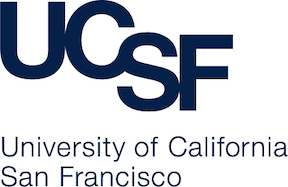
UCSF

Aaron Tward, PhD, MD
Aaron Tward is an Associate Professor of Otolaryngology-Head and Neck Surgery at the University of California San Francisco. His clinical practice is focused on Otology, Neurotology, and Skull Base Surgery where he cares for patients with complex problems of the ear and skull base. He is particularly passionate about cochlear implantation and the development of new technologies for hearing restoration. His research interests also include the application of molecular biology and computational techniques to address problems related to the auditory system and cancer.
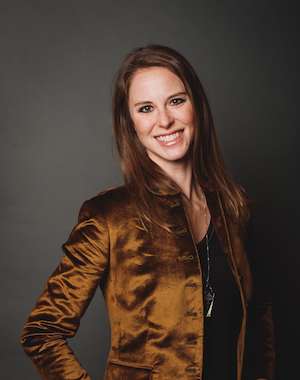
Leah Muller, MD, PhD
Leah is a neuromodulation enthusiast and passionate problem solver. Her graduate work in neural engineering centered on advancing closed-loop electrocorticographic brain machine interfaces, with special focus on speech perception in humans. She is excited to be involved in organizing this CI Hackathon, especially since cochlear implants were one of the first successful neural prosthetics!
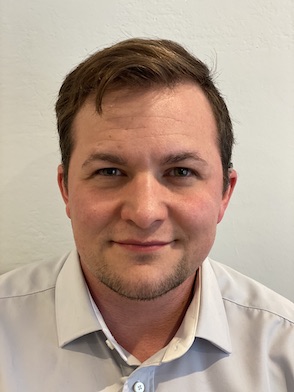
Kris Merrill
Kris Merrill is a medical student at the University of California San Francisco. Kris earned a Bachelor of Science in computer science and had multiple careers in technology before pursuing his passion for medicine. He supported scientific research as a marine electronics technician in Antarctica and worked as a site reliability engineer and engineering manager for Bay Area tech startups. As a bilateral CI recipient, he is incredibly excited to be a part of the CI Hackathon team.

University of Minnesota

Andrew Oxenham, PhD
After obtaining his PhD from the University of Cambridge and leading a research group at MIT for 7 years, Andrew Oxenham joined the University of Minnesota in 2006, where he is currently a Distinguished McKnight University Professor in the Departments of Psychology and Otolaryngology. He has authored over 200 publications on the topics of auditory, speech, and music perception in people with normal and impaired hearing and cochlear implants. He has received early career awards from the Acoustical Society of America and the National Academy of Sciences, and his lab has been continuously funded by the National Institutes of Health since 1998. He is excited to a part of this effort to improve cochlear implants for people with hearing loss!

Jordan Beim, PhD
Jordan is a postdoctoral research associate studying auditory perception at the University of Minnesota as part of the Center for Applied and Translational Sensory Sciences (CATSS). His recent work focuses on understanding the perception of sound by cochlear implant users, with an emphasis on trying to better understand and represent the quality of sound information transmitted to the brain via the cochlear implant.His passion for research with direct applications led him to join the CI Hackathon team where he helped to develop the CI simulation toolboxes for use in the competition. He is excited to work as a part of this multidisciplinary team committed to producing the next breakthrough in cochlear implant technology.
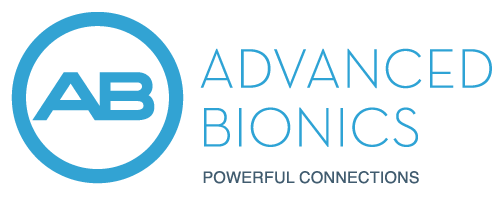
Advanced Bionics
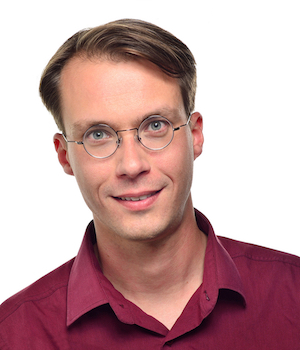
Phillipp Hehrmann, PhD
Phillipp Hehrmann trained as a computer scientist and holds a PhD from the UCL Gatsby Computational Neuroscience Unit. He has been working as a research engineer for Advanced Bionics since 2011, first at the European Research Center in Germany, and more recently at the US headquarters in the sunny Hinterland of LA. Driven by a deep fascination with the wondrous sense that is hearing, his work revolves around speech enhancement, binaural listening and efficient sound coding for cochlear implants for the continued improvement of CI recipients' listening experience and quality of life.
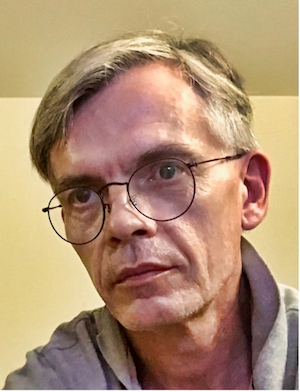
Dean Swan
Dean Swan loves audio signal processing and making things sound better. Dean has worked in audio DSP echo cancellation and microphone arrays before joining Advanced Bionics in 2014. At AB, Dean is working to improve sound coding and binaural hearing for cochlear implant recipients.

Daniel Alfsmann, PhD
Daniel deepened his passion for signal processing, neurostimulation and hearing instruments during his doctorate in electrical engineering at Ruhr-Universität Bochum, Germany. With this proclivity, he has been developing cochlear implant speech processor DSP firmware at Advanced Bionics since 2013. He is now leading both the product development and research efforts in the signal processing and electrical stimulation domains. Part of his mission has always been to push the limits of CI sound perception for recipients.

Tony Spahr, PhD
Tony Spahr is a hearing scientist, audiologist, and the Senior Director of the US Research & Technology group at Advanced Bionics. He has studied the benefits provided by cochlear implants for over 20 years. He and his colleagues seek to improve performance with a cochlear implant through improved diagnostic tools, hardware, signal processing, and stimulus delivery.

Leo Litvak, PhD
Leo Litvak has conducted research with cochlear implants for over 20 years. His interests include optimizing neurostimulation to improve efficiency of coding; neural recording; intra-individual optimizations through better fitting of devices, and noise reduction.